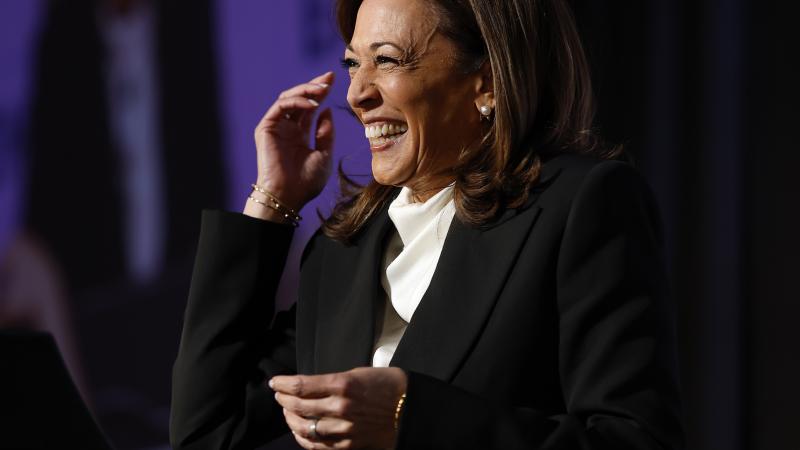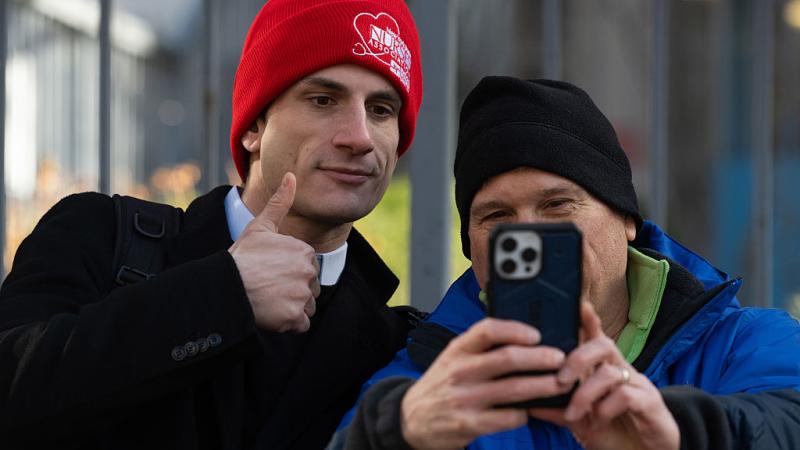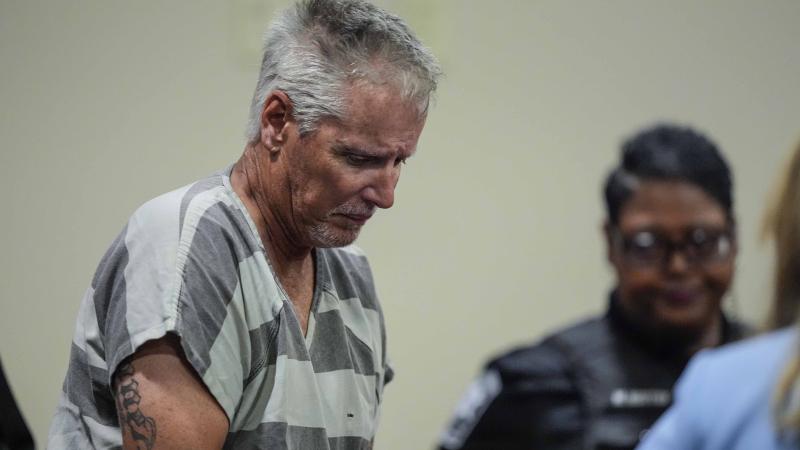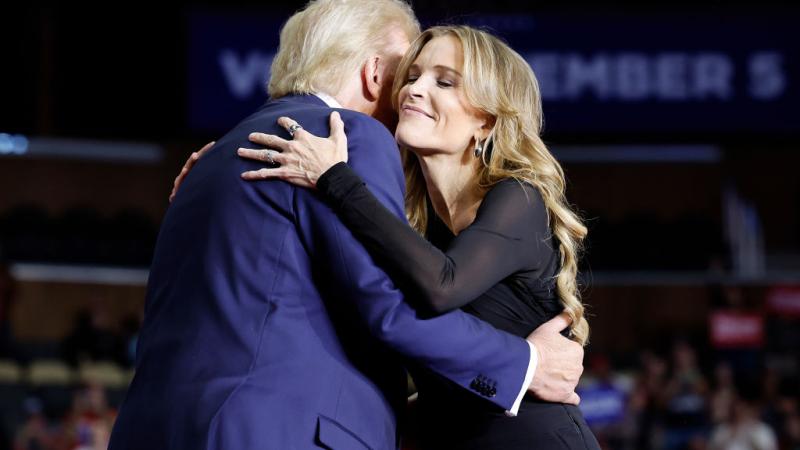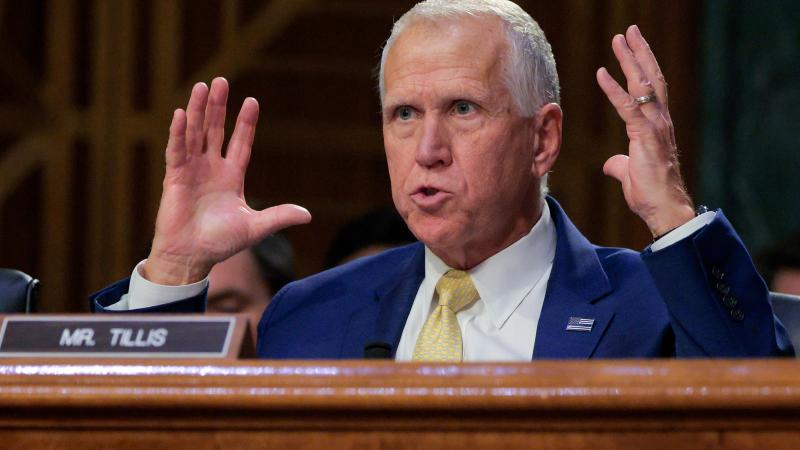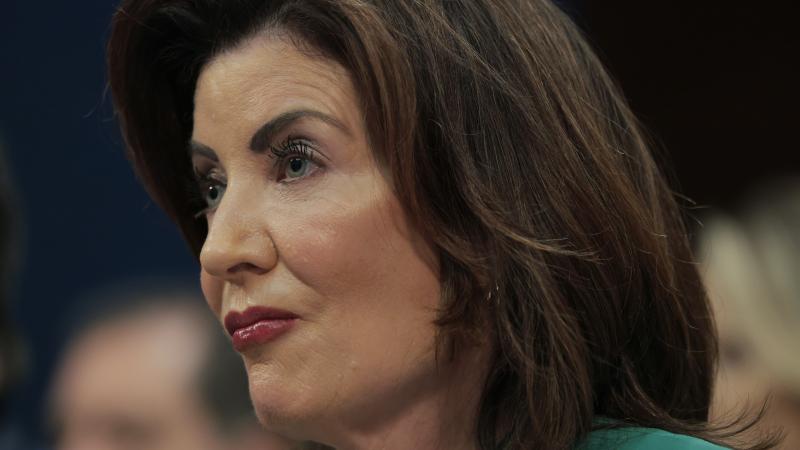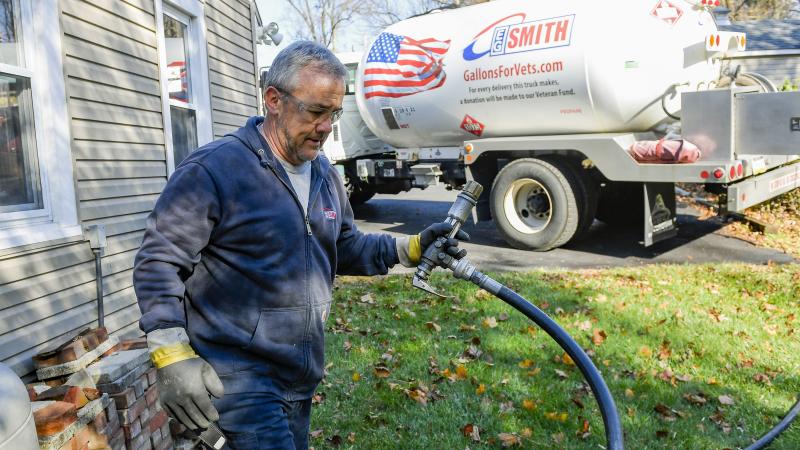Emails show involvement of multiple private groups in key swing-state cities during 2020 election
Mark Zuckerberg-funded group poured millions into critical districts to get out the vote.
Newly revealed emails show what appears to be an intensive effort by multiple private advocacy groups to manage numerous aspects of the 2020 election in several swing-state cities key to Biden's 2020 election victory, shedding further light on the role private initiatives and private funding played in potentially influencing the outcome of that race.
The emails, obtained by the election integrity group the Amistad Project, show exchanges between city officials in several Wisconsin cities and members of the Center for Tech and Civil Life, a left-leaning election advocacy organization based out of Chicago.
CTCL has been the subject of controversy since last year when it distributed a multimillion-dollar series of grants targeted to Democratic strongholds in Wisconsin, a critical swing state in U.S. presidential elections. Those grants were meant to help shore up the cities' voting systems and promote safe voting amid the COVID-19 pandemic. In the fall of 2020, the organization announced that Facebook founder Mark Zuckerberg had sent the group a $250 million gift to help expand those operations to more cities nationwide.
The group would go on to award over 2,000 grants to various jurisdictions around the U.S. Yet even as the group was preparing to expand its influence across the country, in at least one instance it was partnering with several other groups to manage the election in multiple Wisconsin cities that had been the original recipients of the CTCL grants.
Among the participating groups is the Center for Civic Design, a group whose mission is in part to redesign voting ballots in order to "make every interaction between government and citizens easy, effective, and pleasant."
Emails from August of 2020 show officials in Racine, Green Bay and other Wisconsin cities receiving absentee ballot instructions and envelopes designed by the Center for Civic Design, with an official from the Center for Tech and Civic Life noting that they have funds available to print the materials.
"Please let CTCL & CCD know how we can be most helpful moving forward," two CTCL staffers tell the city officials. "If it's useful, grant funds are available for cities that want to print new envelopes." (The Wisconsin Elections Commission would eventually direct municipalities throughout the state to use a uniform envelopment format.)
The Maryland-based CCD is funded in part by Democracy Fund, a significant bankroller of left-wing groups and causes. Also partnering with the CCD is the Center for Secure and Modern Elections, a group which is in turn supported by Democracy Fund and which is "a fiscally sponsored project of New Venture Fund." The New Venture Fund itself is managed by Arabella Advisors, a consulting group and a major funder of left-wing causes.
CSME seeks in part to advance automatic voter registration throughout the U.S., a key goal of progressive election reformers. At one point in an August email exchange, a Green Bay official proposed that CSME help develop both Spanish-radio ads and "geofencing" campaigns, in which voters are targeted — most often by cell phone data — within a pre-defined geographical area.
Celestine Jeffreys, then the chief of staff for Green Bay Mayor Eric Genrich, told CSME's Eric Ming that the city was "eager to get started on a media campaign" using the organization's help. Following a scheduled conference call with Ming, Jeffreys wrote: "We had a very nice conversation and I'm ready to roll!"
Also appearing in the emails offering management support throughout 2020 is the Elections Group, an organization that "partner[s] with state and local election officials looking to implement new programs or improve processes for voters and stakeholders."
That group, which partners with numerous other organizations including the Center for Civic Design and the Center for Tech and Civic Life, is run in part by Jennifer Morrell, a "recognized expert in election audits." Morrell serves as a consultant with Democracy Fund, at which she leads the Election Validation Project.
In July 2020, CTCL Director of Government Services Whitney May wrote to Jeffreys suggesting the Elections Group for multiple election-related services, including a "review [of] training materials to streamline onboarding process for new [early, in-person absentee voting] staff" and "tailored guidelines and implementation support [for ballot drop boxes], especially around security and optimized driving routes."
Also involved in the planning was the National Vote at Home Institute, a group that bills itself as "dedicated to making sure every American can vote in secure, safe, accessible, and equitable elections by expanding vote-at-home systems in all 50 states." Among the group's "circle of advisors" are Morrell, CTCL founder and executive director Tiana Epps-Johnson, Democracy Fund senior advisor Tammy Patrick, and Center for Secure and Modern Elections Director Jake Matilsky.
CTCL's Whitney May in early August offered Jeffreys a "communications toolkit" from NVAHI and Jeffreys later in the month said she planned to "reach out" to a representative with that group.
None of the groups named in the emails responded to queries from Just the News seeking more information about the extent of their involvement in Wisconsin's management of the 2020 election. Jeffreys also did not respond to queries.
The organizations, meanwhile, have continued their advocacy of certain progressive-aligned policy initiatives into 2021 following Joe Biden's victory in November.
The National Vote at Home Institute, for instance, promises to lead voters down "the road forward," including offering resources for voters to advocate expanded vote-at-home policies in their respective communities.
And the Center for Civic Design has urged public officials to utilize the times in between elections to continue tweaking local voting forms.
"[T]hat period of relative calm is the perfect moment to take stock of all of the materials that voters interacted with during the last election cycle and improve them before the next go around," the group says.
The Center for Tech and Civic Life, meanwhile, has also put forth numerous resources for citizens and public officials, such as "27 ideas for encouraging young people – whether they are 8 or 18 – to learn about elections and get involved."


